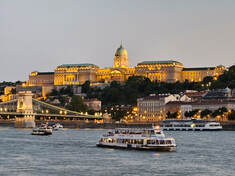
Resting a few days in Budapest and orienting myself before taking a bus to Ukraine on Sunday. Sightseeing and talking with friends has been fascinating and eye-opening.
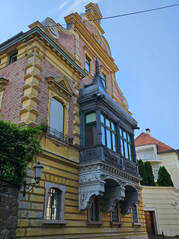
Beauty---and tourists---are everywhere in most of the parts of Budapest that I have seen. Early 20th century houses mingle with massive, imperial structures on the bluffs overlooking the Danube that seem to recall the days of the Austro-Hungarian empire.
My impression is that this consciousness creates an unsettled relationship with the past: part "Make Hungary Great Again," symbolized by the the Prime Minister, Viktor Orbán and his far-right policies (and architecture) but also part deep unease at the ways that that mentality has played out in the past. I learned, for instance, that the Hungarian government allied itself with the Nazis in WWII, after having had huge swathes of its territory taken after WWI.
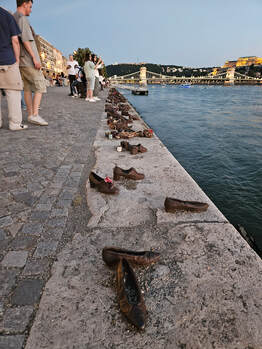
Two days ago a friend brought me to a monument here on the eastern bank of the Danube, erected to the thousands of Jewish and Roma (Gypsy) people who were rounded up by Hungarian fascists allied with the Nazis in 1944-45 and brought to the river bank. Here they were bayoneted and pushed into the river, where the current carried away their bodies. Beforehand they were forced to take off their shoes which were later sold by members of the militia who killed them.
The monument attached shoes made of iron to the marble blocks of the embankment.
In the past few years some of the shoes have been stolen and graffiti has appeared on some monuments to Roma victims, saying "Extinction of the Roma = Extinction of Crime."
By a curious coincidence, on my flight to Budapest I came across this short story by James Baldwin, reprinted in the Atlantic from 1960, that reminds me how much the sense of insecurity and fear expressed by this man is present in the lives of most African-Americans in the U.S. It served as a reminder of the need for American humility and a sense of how much work we all still have to do if we actually believe in "liberty and justice for all," not as a political slogan, but as an acknowledgment that we're all in this together, and that none of us is really free till all of us are free.

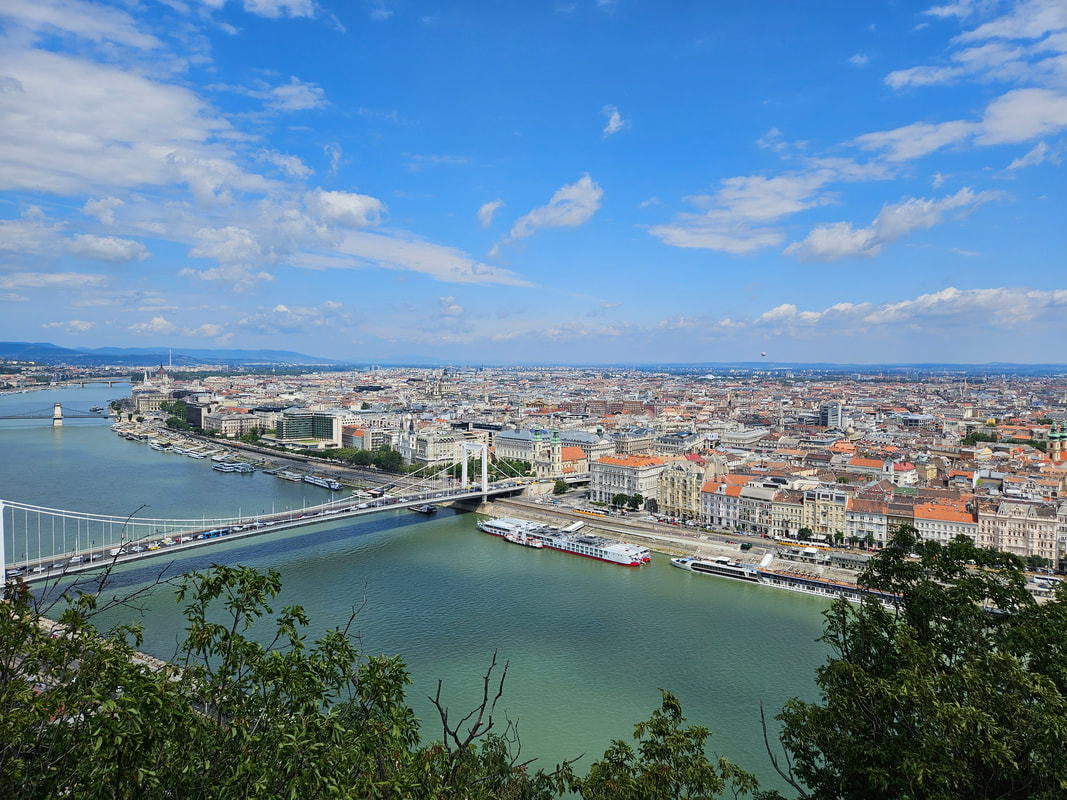
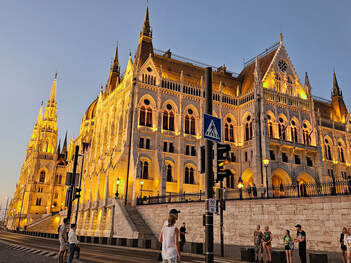
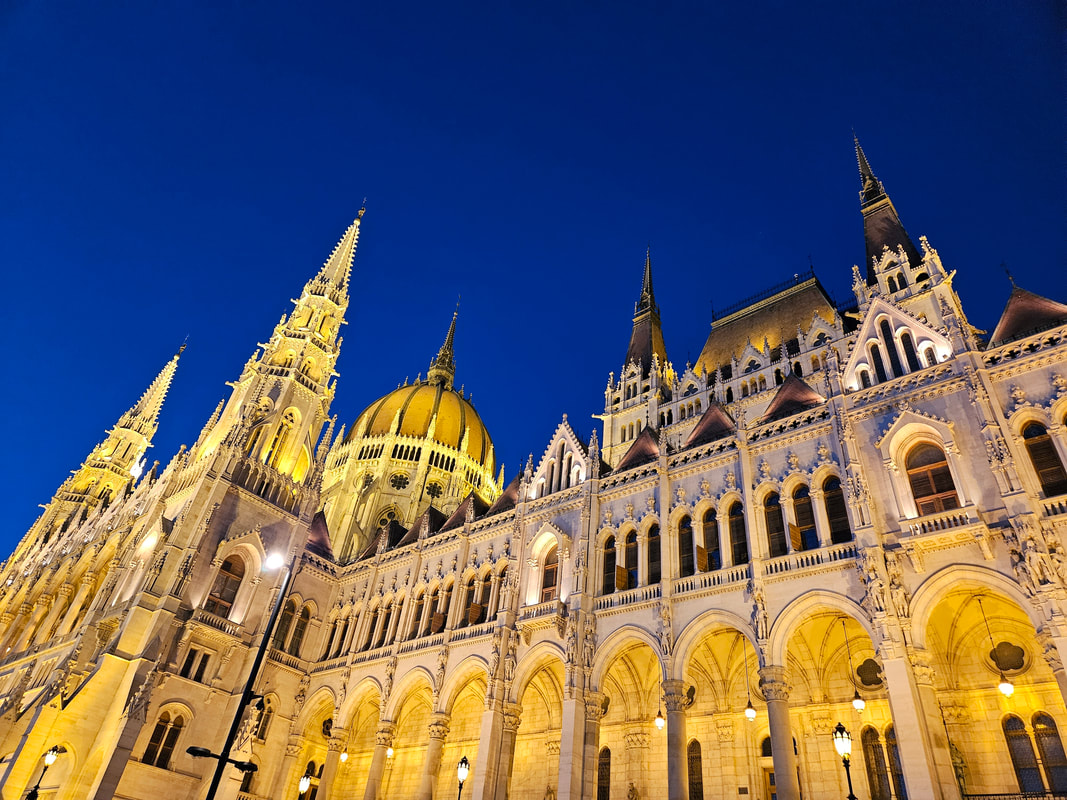
 RSS Feed
RSS Feed
